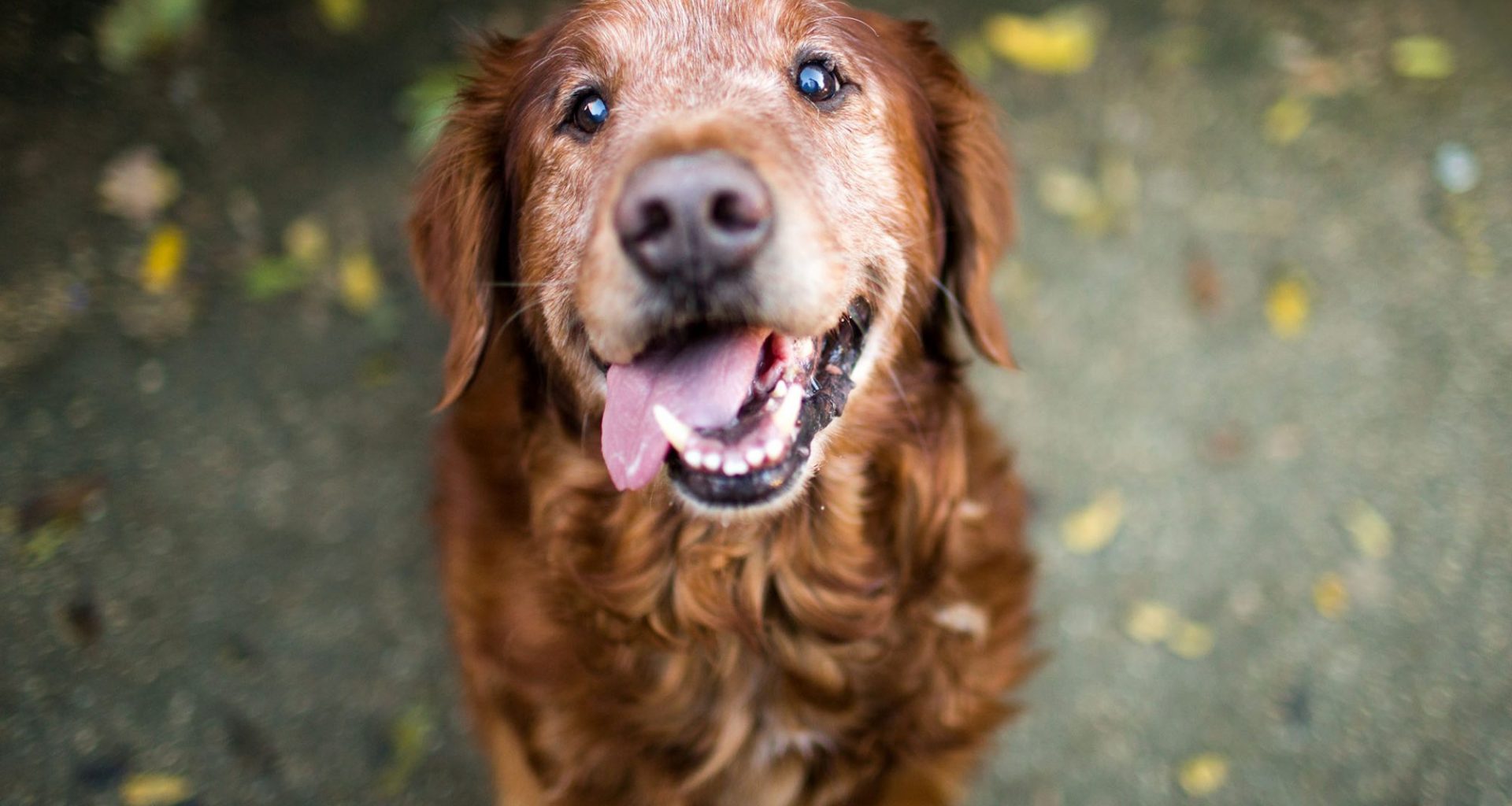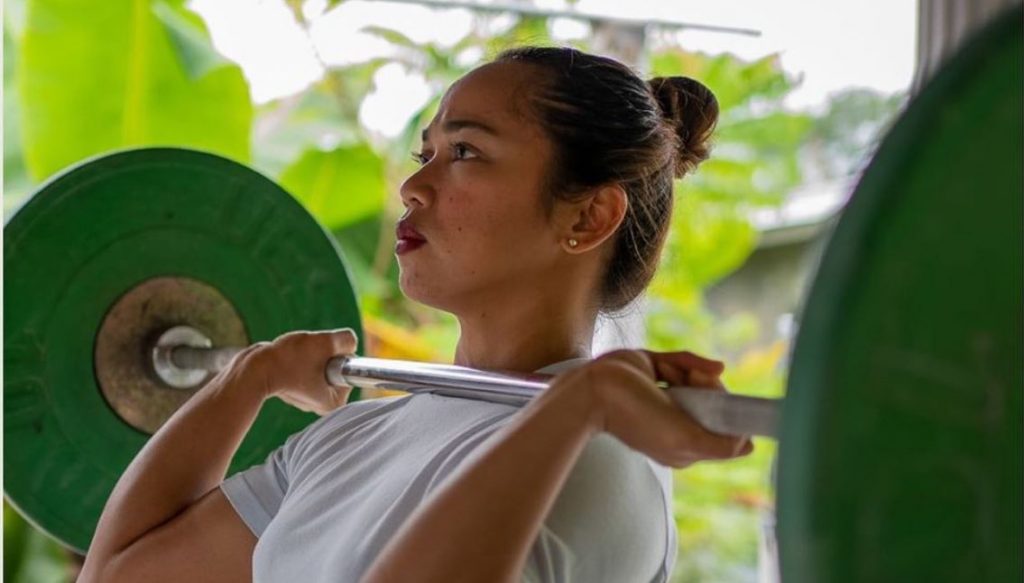When you want to feed your dog, the kind of food to give will mainly depend on age. A young dog should not consume the food of a senior dog. This is because every dog has specific nutritional requirements, and your senior dog isn’t an exception.
The moment your beloved canine friend reaches his golden years, you may find it a hassle to understand the dietary requirements. To avoid getting confused, it would be best you get human grade dog food from a reliable supplier like Spot & Tango.
How do You Classify a Senior Dog?
Scientifically, there is no medical agreed definition of a senior dog. All dogs are not made equal. But their size, weight, and other factors help to determine the transition to a senior dog.
Generally, those dogs that grow into a considerable size will have a short lifespan. So, they are deemed senior earlier than the rest. When about 5 to 6 years, you should start feeding them senior food.
On the other hand, the small breeds tend to have a longer life expectancy. With such a dog, it joins the senior group at 8 to 9 years of age.
You will find that most dogs are healthier when they hit senior age. You should know your dog is at a senior level when it starts showing vision problems, signs of aging, weight loss, weight gain, lumps or skin issues, dental symptoms, excessive drooling, and bad breath.
What Food Should You Feed a Senior Dog?
There are some dietary factors to help you manage the medical and physical changes of your dog. Always ensure that the kind of food you offer has the features:
- Nutritional adjustments
- Soft texture
- High digestibility
- Formulation of fighting dental disease
- Added omega-3s, MCTs, and antioxidants
- Added joint supplements
Why Change Nutritional Adjustments of Senior Dogs?
In other ages of your dog, there are unlikely significant changes in nutritional composition. However, at an old age, this is different. You have to adjust dietary requirements to ensure you feed your dog something beneficial from reliable brands.
However, before doing that, it would be wise to consult a vet since change may depend on various factors such as underlying medical conditions or activity levels.
Here are food elements to keep in mind:
- Protein
An old dog will require more protein in its diet. You may not know the exact protein level unless you ask your vet. Extra protein makes them stronger and mobile.
- Phosphorus
It is required in small quantities. Try to find ways to reduce the intake in your senior dog, especially with kidney disease. Once this condition reaches a particular stage, you should restrict intake of phosphorus to prevent further progress.
- Fat
It depends on your dog. Some will struggle to keep their weight. After you realize your dog has started to lose more weight, consult your vet for any underlying medical condition. Losing weight could be affecting digestion, calorie needs, and appetite.
- Fiber
It is an essential element and should not miss in your senior dog’s diet. However, it depends on the type of fiber – either soluble or insoluble. Soluble fiber serves as food for the bacteria that help in fermentation.
Insoluble fiber, on the other hand, is the one that adds bulk to your dog’s stool – since the bacteria can’t break it down. You need to feed your dog with fiber-rich food to improve their gastrointestinal and stay regular.
The Final Word
If your dog is aging, you have to consult your vet. The expert will help you to determine the right food to feed your senior dog.
If you buy from a fresh food seller, ask them for recommended adjustments.












